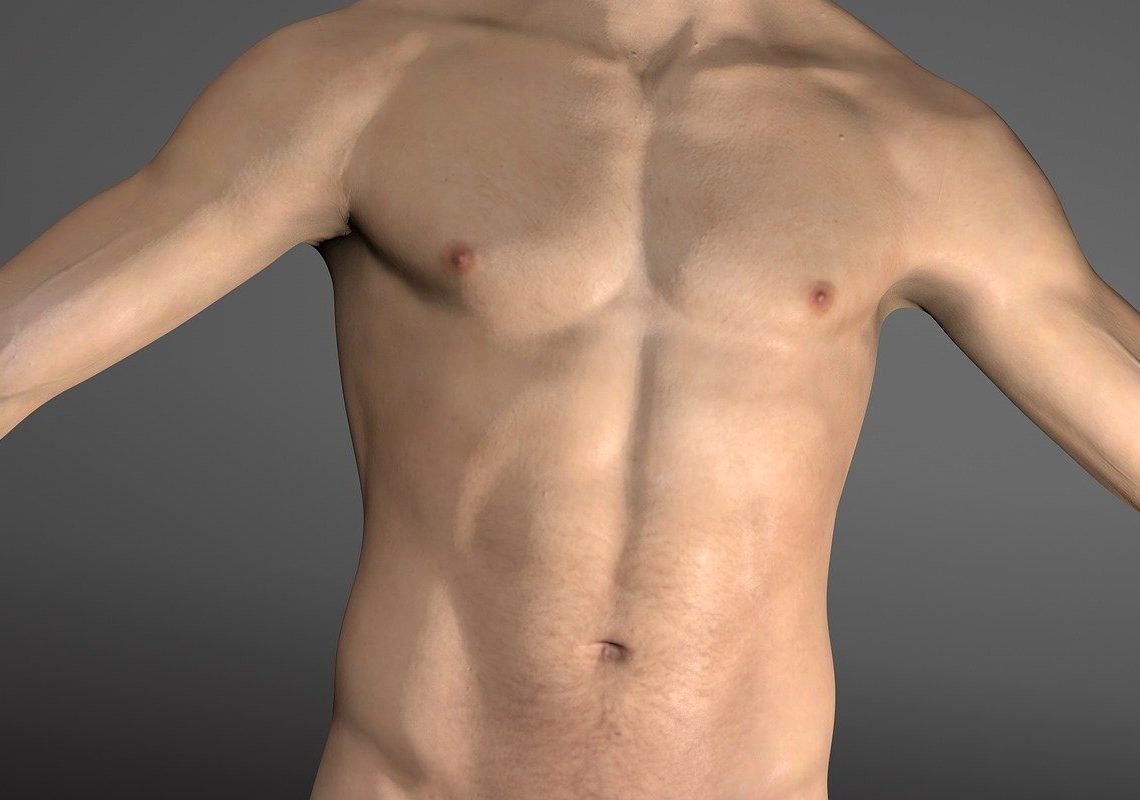Gynecomastia is a condition affecting male adults and boys. This condition causes the breasts to swell and become large. Though both males and females have breast glands, the males’ breast glands are usually unnoticeable.
Gynecomastia affects any male regardless of age, this is to say, the condition can affect newborns, and older adults but it’s more particular to the puberty stage. If you’re in San Francisco and in need of medical help, reach out to Miguel Delgado, MD San Francisco.
What is Gynecomastia?
Gynecomastia is a medical condition of overdeveloped breasts or enlargement of the male breast tissue. The breast becomes larger which may grow unevenly. Gynecomastia is a result of additional breast tissue and not fat. This condition can not be treated by exercising or losing weight.
Though gynecomastia is not a fatal condition, it can cause pain and discomfort when undergoing certain strenuous activities. The condition mostly occurred during the puberty stages in men but is not uncommon to affect newborn and adult men alike.
Most people confused Gynecomastia with Pseudogynecomastia. Pseudogynecomastia is a different condition where there is a large deposit or buildup of fat in the breast. This is mostly caused by being overweight or obese. However, gynecomastia is often caused by hormonal imbalance.
Causes Of Gynecomastia
Gynecomastia is a noncancerous condition and can be caused by different causes. It’s oftentimes linked to hormonal imbalance or changes, but on several occasions, the causes are not always found. The following are the causes of gynecomastia.
- Gynecomastia as said earlier is often caused by hormonal imbalance which is changes in the level of the female hormone (estrogen) and the male hormone (testosterone).
- Notwithstanding the above, gynecomastia can also be a side effect of certain medications such as antidepressants, prostate cancer medicines, ulcer or cardiovascular medicines, illegal drugs such as anabolic steroids, heroin, and marijuana is also found to cause gynecomastia.
- Also, certain diseases and medical conditions are often believed to cause gynecomastia, such as liver disease, kidney disease, cancer of the lung, testicular cancer, and tumors of the adrenal glands or pituitary gland. In addition, thyroid disorders, injury, trauma, and obesity can also be a cause of gynecomastia, certain conditions that a baby is born with such as congenital disorders are also found to be a cause in newborn babies but are short-term forms of gynecomastia. This is believed to be the presence of the mother’s estrogen in the baby’s blood for a while after birth.
Gynecomastia has not been linked with breast cancer, but it will be sufficient if your provider can order some tests for you which will rule out the possibility of breast cancer.
Symptoms Of Gynecomastia
Many adult men who have this condition often report no signs or symptoms. However, the following may be considered signs and symptoms of gynecomastia which include;
- Pain and discomfort especially for those made in the puberty stage.
- A lump or fatty tissue develops beneath the nipple of one or both breasts.
- Sore and swollen breast tissue which makes the breast grow unevenly.
- The breasts are tender and the nipple is sensitive when rubbing against clothes.
Lastly, though the symptoms are largely similar to other medical conditions, it is advisable to see your physician to cross out all other possible conditions. Gynecomastia is believed to be a temporary condition that could go within six months to two years, but if you’re uncomfortable with your appearance or the pain it causes you, you can opt for gynecomastia surgery. However, your physician is the best person to advise what steps to take next. Do you get that? Good. See you on other posts.










